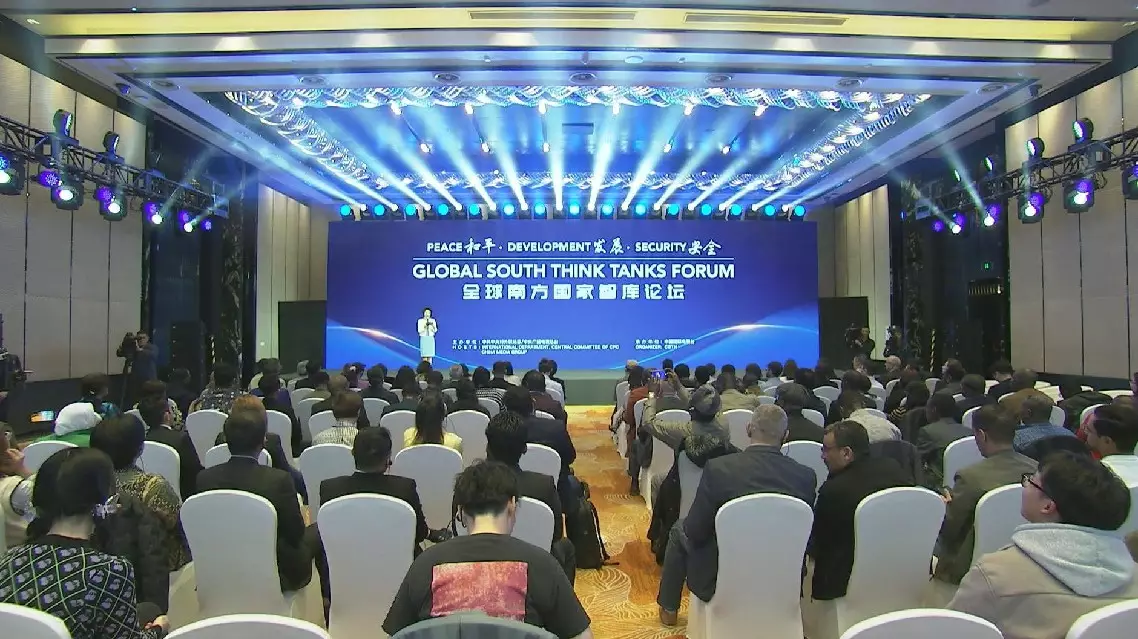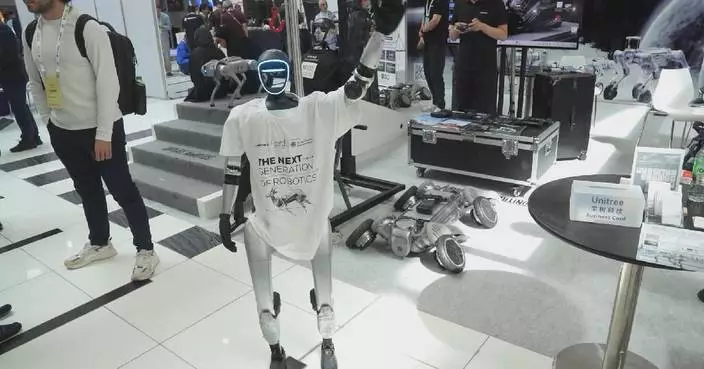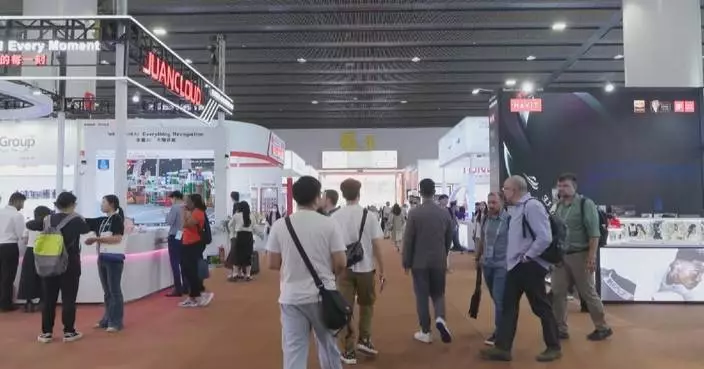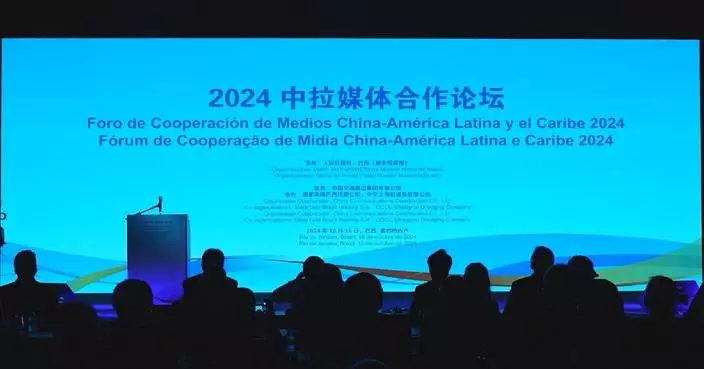Around 400 participants gathered in Munich for the 8th Sino-German Automotive Conference from Tuesday to Thursday, with discussion centered on technological advancements and the growth of German manufacturers in China.
The event arrives at a critical moment for both countries, offering an important platform for collaboration as trade dynamics between Europe and China grow increasingly complex, particularly following the European Union's proposed tariffs on Chinese electric vehicles (EVs).
Chancellor Olaf Scholz and other key German officials have spoken out against the tariffs, arguing that Europe's competitiveness should be enhanced through open markets rather than protectionism. They cautioned that additional duties on Chinese EVs could harm both the German and the broader European economy.
According to conference attendees, the tensions are a result of a shifting dynamic in the global auto industry.
"I think Europe is somehow behind China, and I think it's a little game change. Maybe the Europeans can learn from the Chinese," said Lai Weizhi, with Encore GmbH, a German company that offers digital ecosystems for the energy market.
Close collaboration between China and Germany in the automotive sector has grown stronger over the years. In April 2024, BMW Group announced a 20-billion-yuan (about 2.8 billion U.S. dollars) investment in its Shenyang production base, focusing on upgrading facilities and preparing for the production of its new-generation models by 2026. BMW CEO Oliver Zipse has said the expansion reflects the strategic importance of the Chinese market in the company's shift toward smart and connected vehicles.
Meanwhile, Chinese automakers have gained traction in Germany, with brands like SAIC's Roewe breaking into the top 10 in German EV sales, and automakers such as BYD and Great Wall Motor making the top 25. NIO, another Chinese EV manufacturer, established a presence in Germany in late 2022, opening an innovation center in Berlin and, more recently, a smart driving technology hub near Schonefeld in the Berlin region.
The automotive industry makes up around 5 percent of Germany's economy, and much of that has to do with China. According to the Association of the Automotive Industry, about one out of every five new cars in China bears the logo of a German brand, either imported or built in the country.
"German OEMs still enjoy a nice name, even in the China market. You also see the Chinese in the automotive industry take the lead for the new technology, like autonomous driving, smart cockpit and so on. They have really put a lot of effort in this territory," said Yang Chengzu, vice president of Continental Group China, a subsidiary of Germany-based Continental AG.
The event's theme focuses on carbon neutrality and the future, reflecting a shared commitment to sustainable transportation solutions. Both countries view this partnership as a way to drive the transformation toward greener mobility, ensuring that their industries remain competitive in the global shift toward cleaner, more efficient transport systems.
In keeping with the theme, discussions have also touched on how Chinese EVs, by focusing on innovation in technology, can help the European Union achieve its green goals, transitioning away from internal combustion engines by 2035.
"Now, they are becoming one of the technology leaders, they are not just copying things. The Chinese people did it: 'Think big, start small, scale fast.' And if you do it in the wrong way, it could be that you think small, start big and fail fast," said Tilo Steinmeier, managing director of C4 Laser Technology, a technology developer and licensor of surface coatings for brake discs with application in the automotive industry and for applications in industrial plant engineering.
It is no secret that China is at the global forefront of the electric vehicle and EV battery industries. Its firms produce nearly two-thirds of the world's EVs and more than three-quarters of EV batteries, which Europe is currently dependent on.
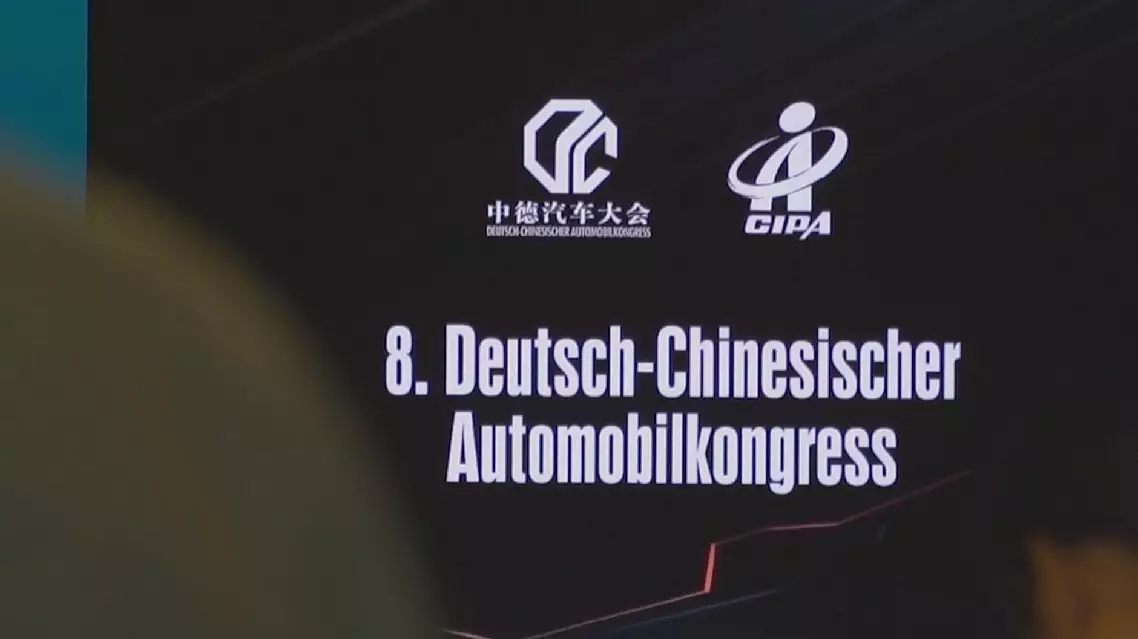
Sino-German auto conference seeks cooperation amid EU trade tensions
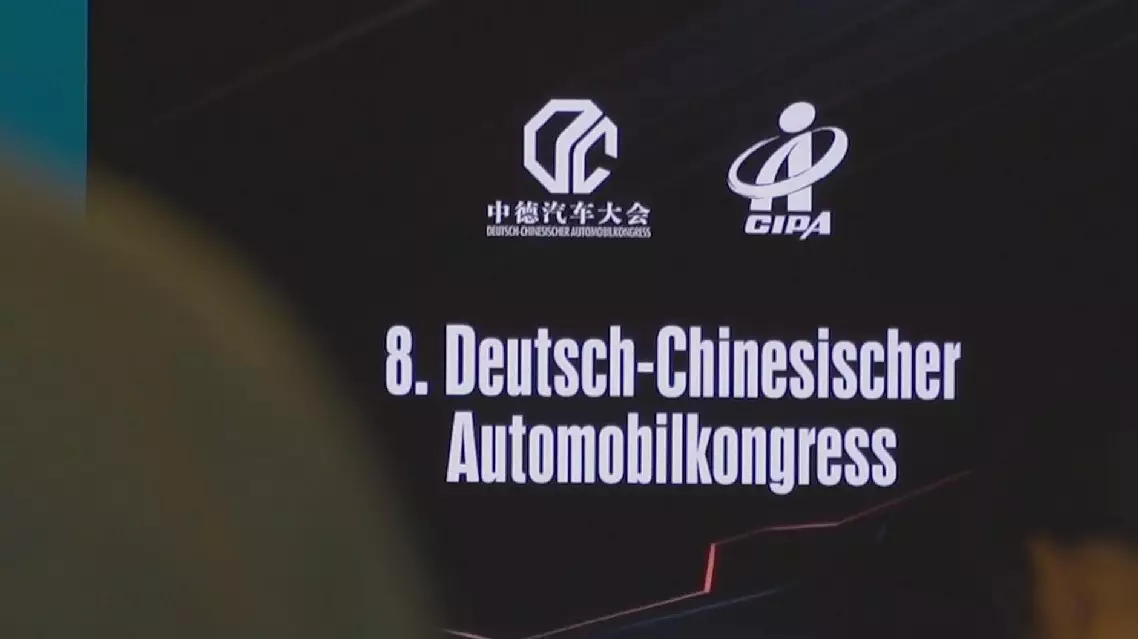
Sino-German auto conference seeks cooperation amid EU trade tensions


